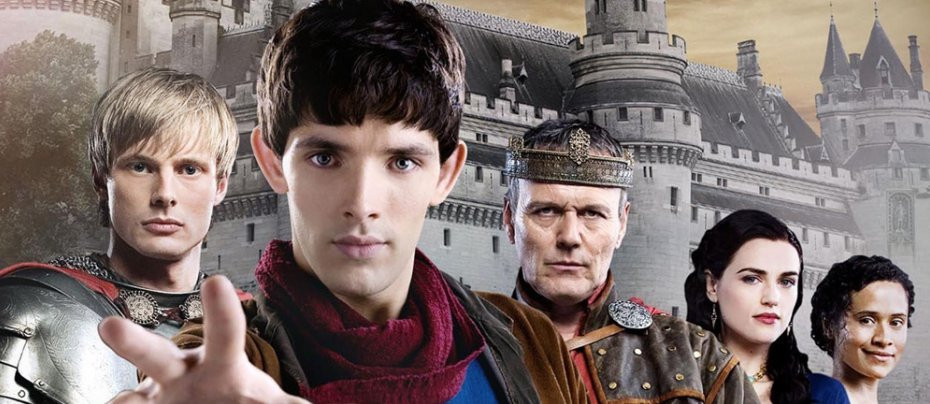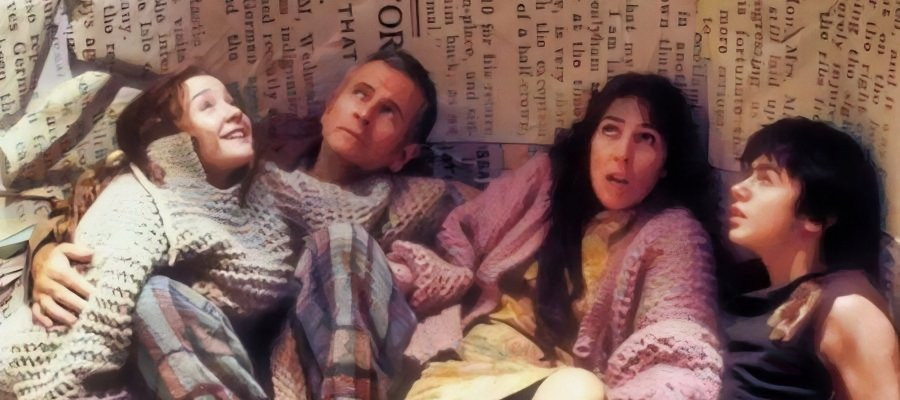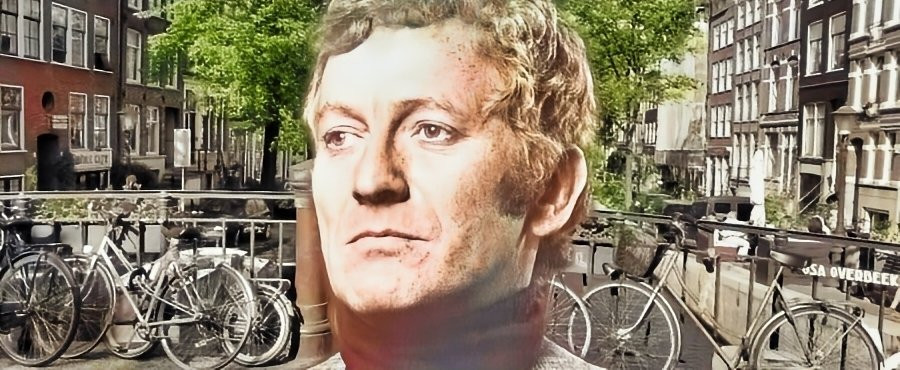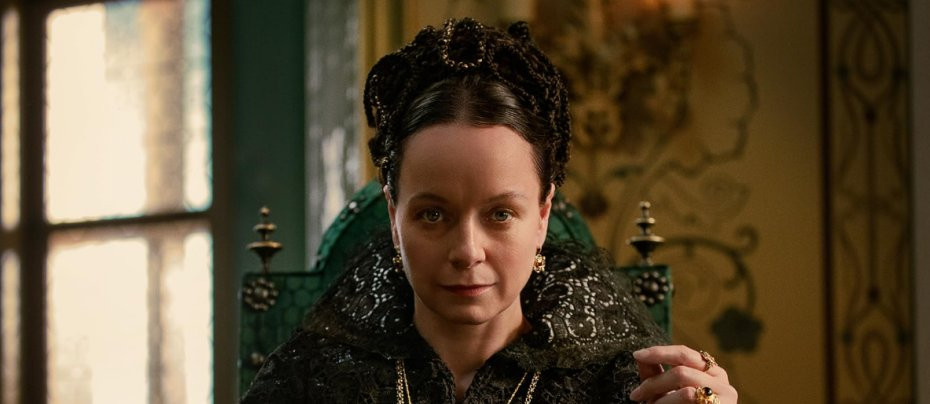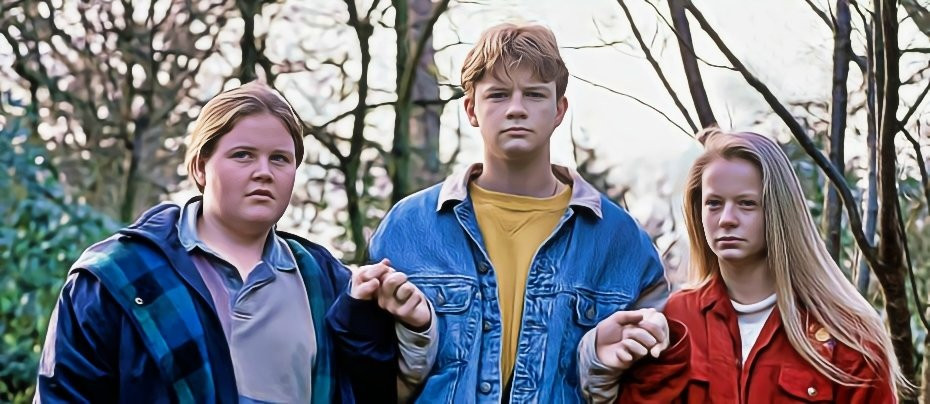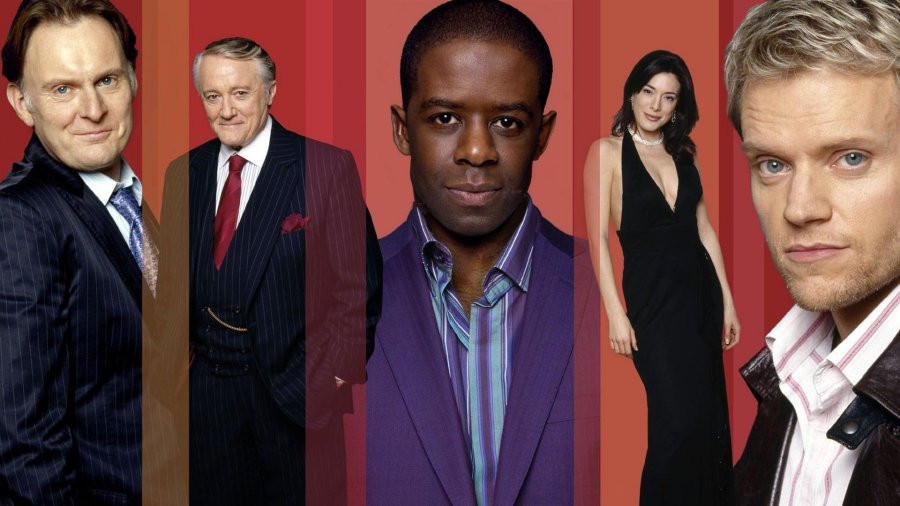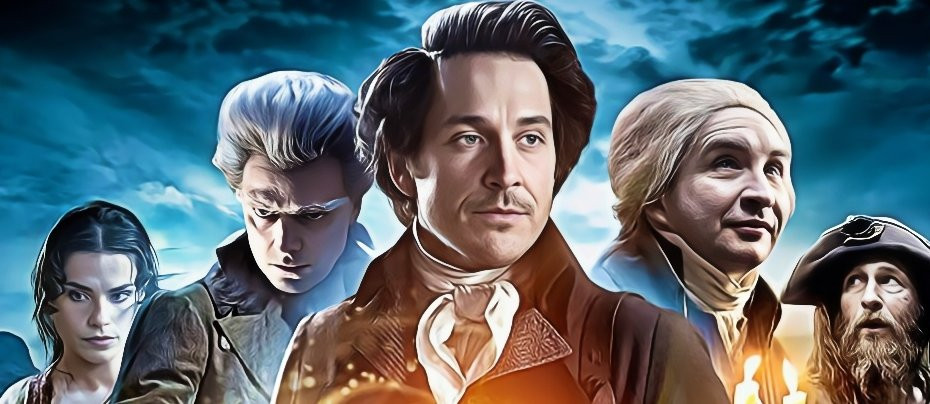
Jonathan Strange & Mr Norrell
2015 - United Kingdom‘Despite being alternative history, the script has a greater respect for historical accuracy than most actual historical productions these days’
Review by John Winterson Richards
Genuine originality is, by definition, rare, and apparently getting rarer. For one thing it is hard to achieve, and even harder to find people who appreciate the real thing. It took Susanna Clarke over ten years to write her novel Jonathan Strange & Mr Norrell and then get it published, despite being in the publishing business herself and having excellent contracts. Much as they like to claim they are always seeking something original, publishers, like producers, tend to be small-c conservative creatures when it comes to putting out actual money.
Indeed, even Clarke's novel is not so much a complete novelty as a blend of existing genres - the historical, the counter-historical, the social drama, the comedy of manners, the supernatural horror, and the folk tale. Her originality, and her skill, is in the blending. To an extent, one can sympathise with the publishers: they like things in neat categories because booksellers need to know where in the shop a book is supposed to go, and Jonathan Strange & Mr Norrell is not easy to categorise.
The events of the novel take place in the time of Jane Austen, but in a slightly different world, one in which the magic of British folk tales - what used to be called "fairy stories" - is real, or rather it used to be real until it disappeared mysteriously about three centuries before. As such it has become the subject of antiquarian study: our own 18th and 19th Centuries were the great age of gentlemen and middle class amateurs who loved forming clubs to promote all sorts of arts and sciences, doing much that was valuable, even if they were not as systematic as later professionals, or as good at discriminating between what was valuable and what was not.
Beyond this safe, cosy interest in the history of folk tales, two very different men, with very different motives, set out to rediscover "practical magic" - actually doing things. One is described as fearful, the other as arrogant, but it is sometimes unclear which is which.
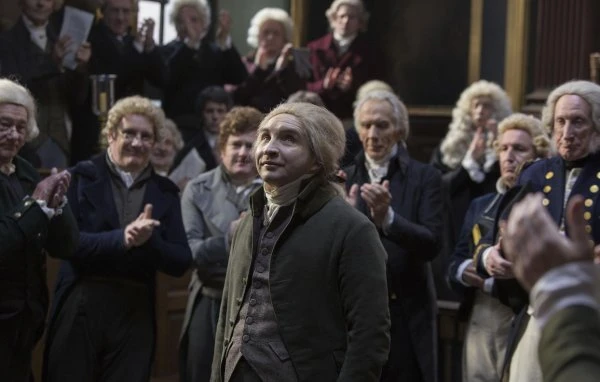
Mr Norrell is a pedantic, reclusive scholar who has made magic his life's work. A stubborn Yorkshireman - apparently there is such a thing - he has a fine sense of his own status as the man who revived English magic and an obsession with "respectability," which often conflicts with the more humane instincts that lurk behind his pompous facade.
Jonathan Strange is a younger man, something of a scapegrace, come into his inheritance who, conscious that he has married a better woman than he deserves, resolves to find a proper occupation as she advises. He chooses magic as this occupation quite casually, but turns out to be naturally very good at it - better than Norrell, who, having studied for decades, is rather irritated by his supposed pupil's easy successes. Strange is an impulsive risk taker where Norrell is more cautious - without telling Strange why he has good reason to be.
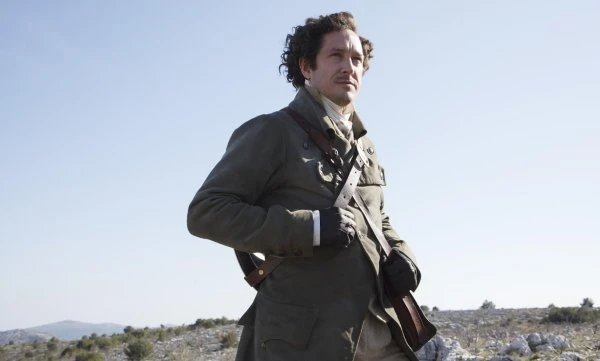
For our "respectable" Mr Norrell has a dark secret: once, in a moment of weakness, he went against his better judgement, accepting the help of a strange Gentleman With Thistle-Down Hair to perform the magic that established his reputation. Not only does this go against his own notions of respectability, it is dangerous, for, as everyone who is familiar with the oldest fairy tales should know, the inhabitants of Faerie are selfish, mischievous, and malicious - you should stay away from their world and you do not want them in yours.
Strange's impetuous nature causes him to make different mistakes: enlisted to help win the Napoleonic Wars, he dabbles in the dark magic of necromancy and, like Norrell, abandons his own principles under pressure when he uses magic to kill.
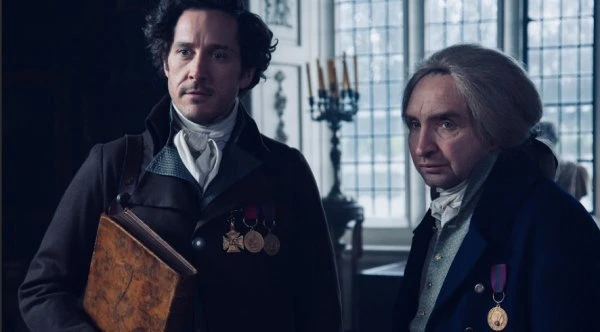
This sets up a fine clash of styles and personalities, brought vividly to life by perfect casting in the BBC's handsome seven part adaptation of the novel. No one is better than Eddie Marsan at tightly wrapped characters and he excels as Norrell. Bertie Carvel makes Strange more sympathetic, possibly more agreeable than he was intended to be because there are heavy hints that he was, at least before his marriage, something of the classic Regency rake. As it is, he is given a very satisfying character arc, maturing as a result of his experiences where Norrell maintains a childish defensiveness, even if his better instincts prevail in the end.
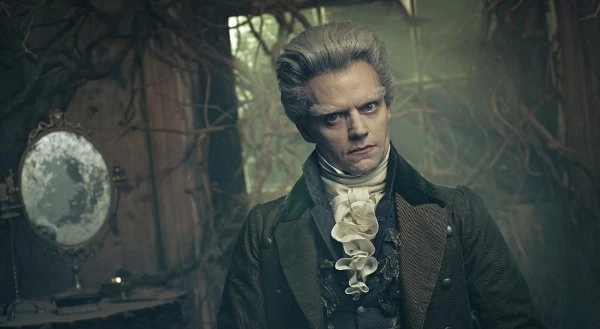
The two leads are backed by a strong supporting cast. Marc Warren is chilling as the Gentleman With Thistle-Down Hair. Samuel West is effective (or should it be ineffective?) as a Minister out of his depth. Ariyon Bakare is his butler, whose situation is addressed more intelligently and in keeping with the attitudes of the setting than it would be if the production had taken place a few years later. Charlotte Riley does well in a potentially difficult role, bringing a down to Earth humanity to the Perfect Wife. Enzo Cilenti keeps us guessing as Norrell's surprisingly insolent servant, who obviously knows more than he lets on and seems to have an agenda of his own. Paul Kaye is so ideally cast as an eccentric hedge magician that one wonders if he is in fact acting. Ronan Vibert captures the essence of the Duke of Wellington despite looking nothing like him. Other familiar faces include Brian Pettifer, Vernon Dobtcheff, and Clive Mantle.
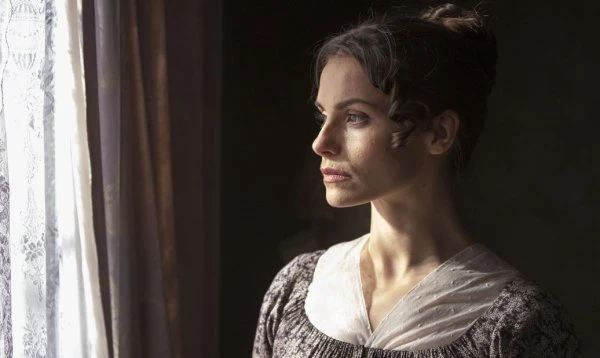
Despite being alternative history, the script has a greater respect for historical accuracy than most actual historical productions these days. It is a Napoleonic nerd's delight to hear the names of French Generals who really were where they are said to be in the Peninsular War and of British officers who really did serve on Wellington's staff. A nice touch is naming Paulina Borghese - Napoleon's "tart with a heart" sister - as the archetypal sex symbol of the day. However, this level of attention to detail means that mistakes like describing French ships as "destroyers" - a type of vessel not developed until several decades later - do stand out more.
Clarke's commendable meticulous research extends to basing the apparent gibberish spoken by a couple of characters on documented old English folk tales, even if it should be noted that the Elidurus mentioned at one point is actually a real life Welshman, Elidyr, and his Twelfth Century story, said to be the first of its type to be written down, is also Welsh in origin.
The production departments do a great job in evoking an authentic sense of time and place, especially given the television budget and the necessary reliance on CGI. However, the really clever twist is how the bright colours usually associated with Regency period drama are undercut by a generally dark tone in the photography. The literally nightmarish scenes in the appropriately named Kingdom of Lost-Hope, where humans are transported in their dreams to dance the night away, leaving them exhausted but unable to explain their experience, are particularly effective. While a never-ending party might be some people's idea of Heaven, others might find it Hellish, especially if it looks like one of those parties that has past its peak and is winding down but which no one is allowed to leave.
The only real criticism one can make of the adaptation is that is does have a pacing problem: seven episodes is perhaps too long for the story, but not long enough for the world building. Otherwise Jonathan Strange & Mr Norrell deserves credit for being a fairly historical drama, despite not really being a historical drama, and a truly horrific horror story, despite not really being a horror story, as well as a unique project in its own right. One cannot think of many shows in any of its multiple genres that have been better done since.
Seen this show? How do you rate it?
Seen this show? How do you rate it?
Published on June 14th, 2024. Written by John Winterson Richards for Television Heaven.



